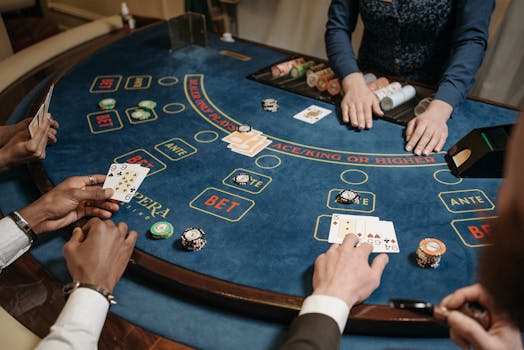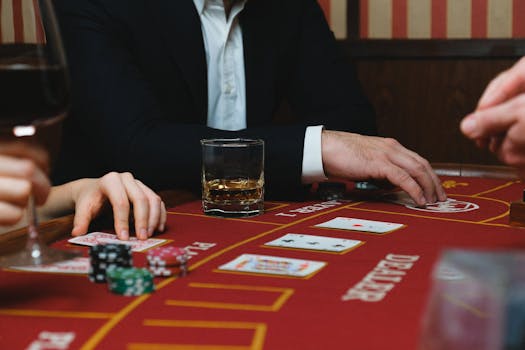The Difference Between Perceived Control and Actual Odds
Understanding the distinction between perceived control and the actual odds is crucial in various aspects of life, including decision-making, risk assessment, and psychological health. This article delves into this topic, offering a clear explanation, exploring different approaches, and providing practical examples to help illustrate these concepts.
Introduction to Perceived Control vs. Actual Odds
Perceived control refers to an individual's belief in their ability to influence events and outcomes in their lives. This perception can significantly affect one's emotional and psychological state. In contrast, actual odds are the objective probabilities of events occurring, independent of one's beliefs or actions. The discrepancy between these two can lead to a variety of consequences in decision-making and mental health.
Understanding Perceived Control
One of the main approaches to understanding perceived control is through psychological theories such as locus of control. This concept divides control into internal and external loci, where individuals with a high internal locus believe they have high control over their lives, and those with an external locus attribute outcomes to external factors.
Advantages and Disadvantages of High Perceived Control
Having a high sense of perceived control can be beneficial, as it often leads to better mental health and more proactive behavior. People with a strong internal locus of control are generally more motivated and less prone to stress when facing challenges. However, an overly optimistic view of control can lead to unrealistic expectations and potential disappointments when outcomes do not align with one's efforts.
Actual Odds and Decision Making
The concept of actual odds is pivotal in fields like statistics and probability, which help in making informed decisions based on factual data. Relying on actual odds can lead to more rational and objective decision making.
Comparison of Perceived Control and Actual Odds
While perceived control can motivate individuals to take action and strive for success, it can sometimes be misleading if it does not align with the actual odds. For instance, a gambler may feel that they can control the outcome of a game, but in reality, most gambling outcomes are determined by fixed odds.
Practical Examples
Consider a professional who believes that working hard will guarantee a promotion (high perceived control). While their efforts indeed increase the likelihood of success, the actual odds also depend on external factors like company policies and economic conditions. Another example is patients with chronic illnesses believing in their ability to manage their health through positive thinking and adherence to treatment, which can significantly influence their quality of life and health outcomes, even though the actual prognosis may vary.
Conclusion: Balancing Perception and Reality
Understanding the difference between perceived control and actual odds is essential for making informed, realistic decisions and maintaining psychological well-being. It is important to foster a balanced view where individual effort is recognized but tempered with a realistic understanding of the external factors that influence outcomes. Encouraging this balance can lead to more effective decision-making and improved mental health.
As we navigate through decisions and challenges, it is beneficial to assess both our internal perceptions of control and the actual odds realistically. This approach not only aids in achieving desired outcomes but also in maintaining a healthy psychological state.

.png)



